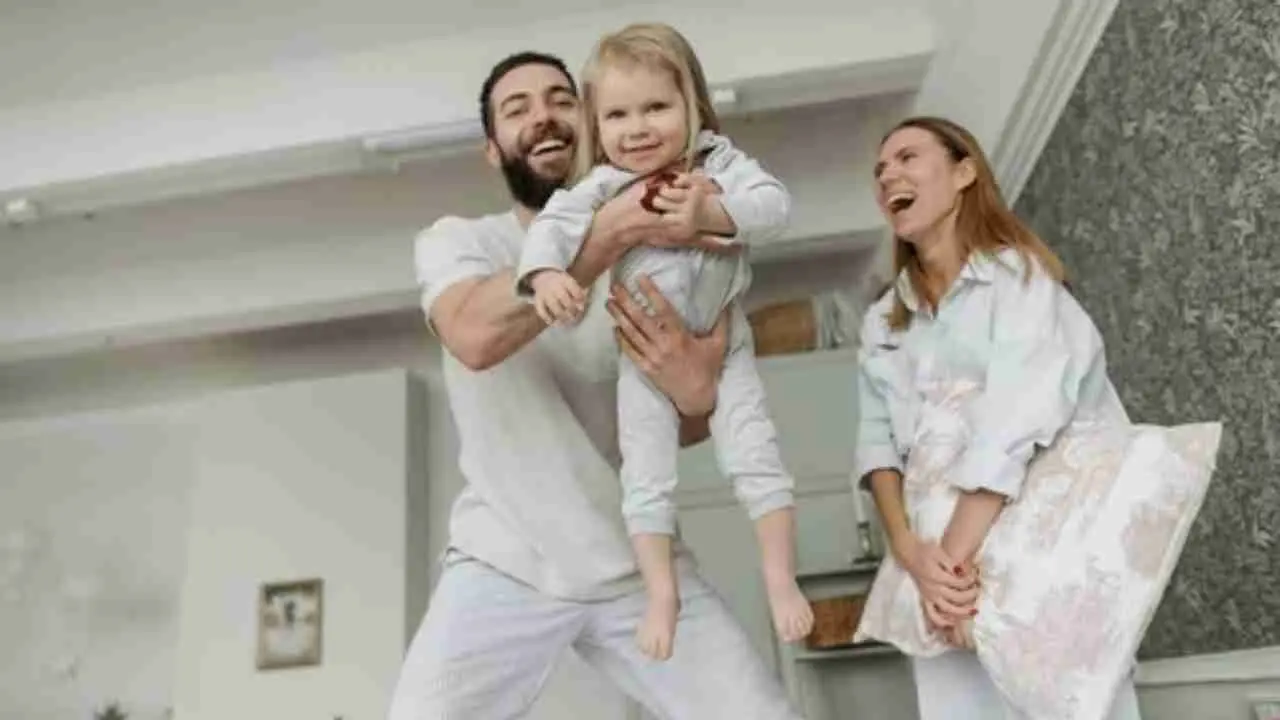
The village grows bigger: Parents don’t rely on just their families to raise a child anymore
4 months ago | 5 Views
When a child grows up, it grows up with the influence of an entire community of people, handpicked by their parents. Parents have a lot to do with a child’s upbringing, but their behavioural patterns, childhood memories, value and belief systems are also influenced by the people that they are surrounded with.
According to a study led by Talker Research, the ‘village’ that’s required to raise a child is slowly changing with time. The study was conducted on 2000 parents with children under the age of 6 years. 78% of the participants agreed that the definition of a village that takes to raise a child is slowly changing with time. 86% of the parents said that they have a different support system to rely on for their child’s upbringing.
Is the village changing?
The participants responded that while growing up, they had eight different people with whom they spent most of their time, including grandmother, grandfather, aunt, uncle and their parent’s best friends. However, now parents rely on a support system that more heavily includes their friends rather than their siblings.
The study also observed that parents find it easier to be around their childhood friends, than the friends they made later in their lives. 83% of the respondents said that sometimes their child making new friends helped them become friends with their parents.
The study, conducted by Talker Research on behalf of The Goddard School, found that it is essential for a community to bring up a child properly. However, 43% of the participants stated that parenting has become more difficult in the present times, than it was for their parents.

Why is family losing its significance in raising a child?
The study observed that parents find it less essential to rely on their families for their child’s upbringing. It happens because of not sharing close relationship with them or their family members having other responsibilities to attend to. Some participants said that they consciously made the decision to do things differently than their parents did.
Dr. Lauren Loquasto, senior vice president and chief academic officer at The Goddard School, in a statement, said, “Raising children today is like steering a ship through a storm; it can be tumultuous and unnerving, and without a compass to guide your ship—or a strong support system to help you parent—it’s easy to lose your way.”
But this new way of raising children has been helpful in developing their social and emotional skills. 89% of the participants said that the child’s school or childcare provider is also a part of the village.





















